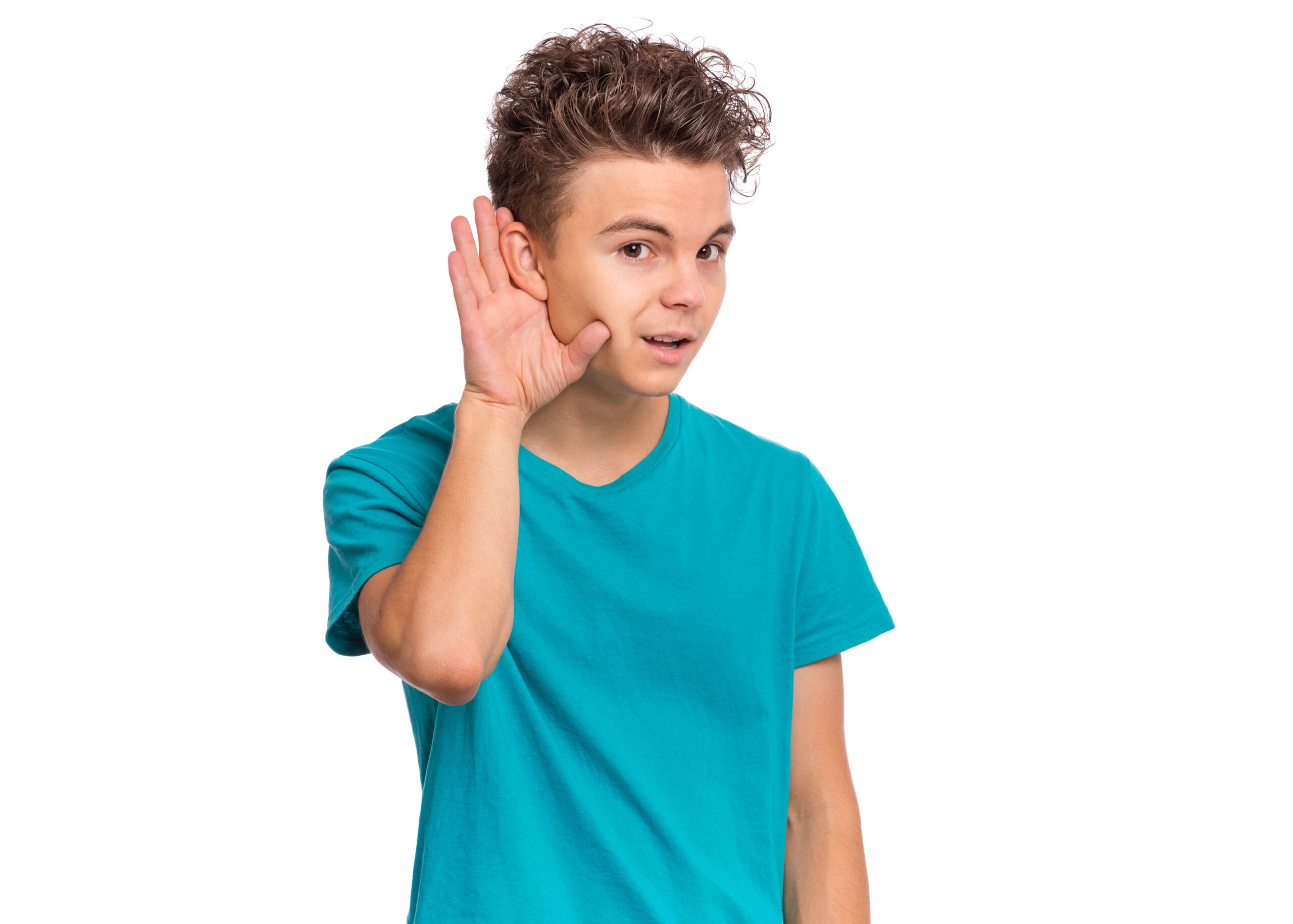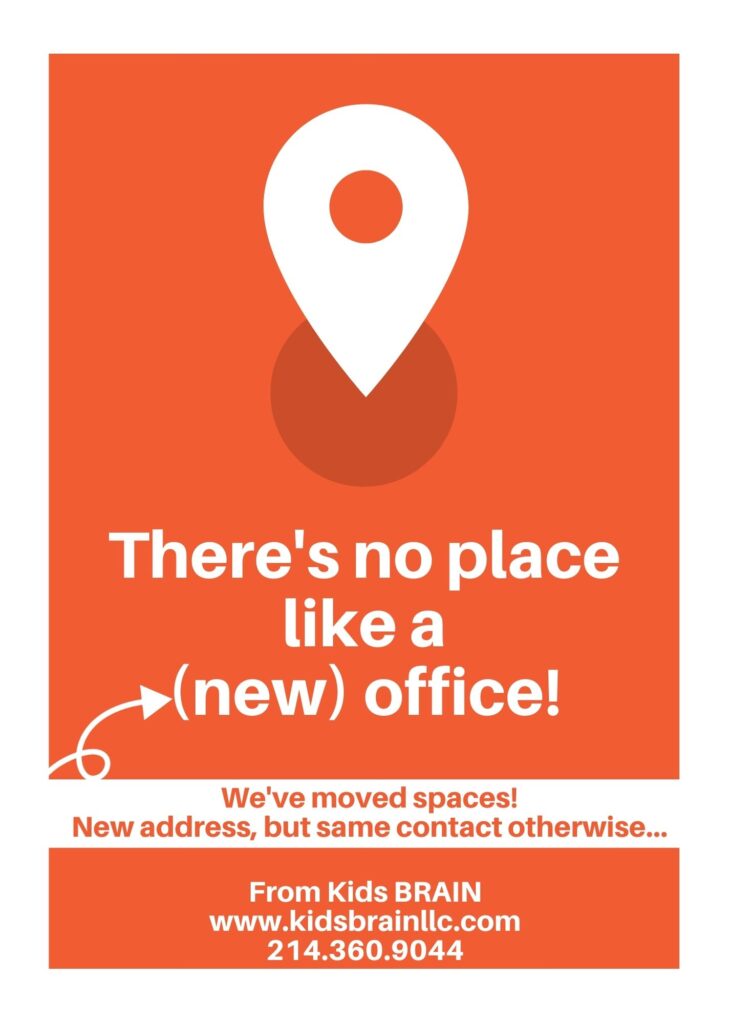
I’m a sap and that’s all there is to it. I cry easily, from happiness, frustration, anger, sadness. Maybe being a psychologist keeps me closer to feelings. Maybe I am just a lady who needs a good cry sometimes. Today I cried. It was a mixed emotion cry, including a combination of sadness and empathy. I was watching an animated short with my kids. We have a Disney account (not an endorsement, just a fact) and today my youngest decided to check out some of the Disney/Pixar shorts. They are 6 to 9 minutes and I love them. I enjoy animation in general and even as an adult, I am a sucker for an animated series, film, or in this case, a brief animated story. I have seen most of the shorts that are out there, but not all of the them. The story that got me in the feelz today is called “Float” by Bobby Rubio. Kudos Bobby, you inspired me today. If you want to watch it yourself for context, pause here and cue up Disney + or find it on YouTube. It’s not hard to find.
After watching and crying the first time, I had my youngest restart it so that we could talk about the “message.” In short (pun intended), this is a symbolic but eloquent short film about a father and son. The child is joyful, as is the father initially. They play together and laugh. Then, the son begins to float, literally. You can see the awe inspired look on his father’s face. But, that changes quickly when the neighbors notice and react negatively. As we all know, children who are different are often rejected by their peers. In an attempt to protect his son (and probably a little to protect himself from the judgment of other parents), the father keeps them inside and avoids being seen. One day he takes his son to the park. He covers the outward signs that his son is different, covering his floating hair and weighing him down with a backpack full of rocks so that he doesn’t float off. There is a scene where the father looks wistfully through the fence at the parents playing with their children in traditional ways; swinging, playing ball, sliding. In a flash, his son is away, out of his jacket, and gleefully buzzing through the playground amid the other families. His father rushes to corral him, to pull him away from the people who would judge, criticize, or reject him. The son begins to tantrum; he wants to stay at the park longer. I think we have all been that parent with the screaming child leaving the park or playground while the other parents watch. In frustration, the father grabs and yells at his son, “Why can’t you just be normal!?!” Cue the tears (well the big tears, I had already begun to sniffle when the father was grieving his inability to play in traditional ways with his child). His son shuts down, pulls his hood up, and needs to be carried from the park as big tears roll down his face. The father initially begins to walk away, but looking into the profoundly saddened and disappointed face of his child, he takes him to the swings, removes his coat, and begins his own version of a float. His son opens his eyes, looks around, and rises into the air with a joyful giggle. In that moment, you can see his father release his worry and embrace his child as he is.
I am not sure why this struck me so strongly today, but it did. I work with children who are different. They don’t often fully fit in, with some truly standing out from the crowd. Their parents, rightly so, are often fatigued as a result of the extra work that it takes to parent and raise their child. Being a parent is difficult for everyone, but not all children are the same. Some truly do require more work, patience, understanding, and acceptance than others. It would be easier if those differences were less obvious so that the world would not offer so many obstacles. However, easier is not always better. I can relate to that desire to put your child in a bubble and protect them from the ugliness that the world has to offer. When children think, sound, look, or act differently, that ugliness can be constant and overwhelming. If you have a child with a disability, grab some tissues and give it a watch. Take a moment to feel this father’s fear and frustration. But also take a moment to experience his initial awe in observing his child’s extraordinary differences. Observe and reflect on the moment when he has to choose between accepting and enjoying his child as is, no modifications, no hiding, no fear, or bowing to society’s demand that we all fit the expectations and the mold that we have been told is ideal. I hope you smile through your tears like I did. I love kids that are different. That doesn’t mean they aren’t high-maintenance, frustrating, exasperating, and exhausting. It does mean that they have the right to be loved, viewed, accepted, and embraced for 100% who they are, regardless of what the world would have you believe about them.





